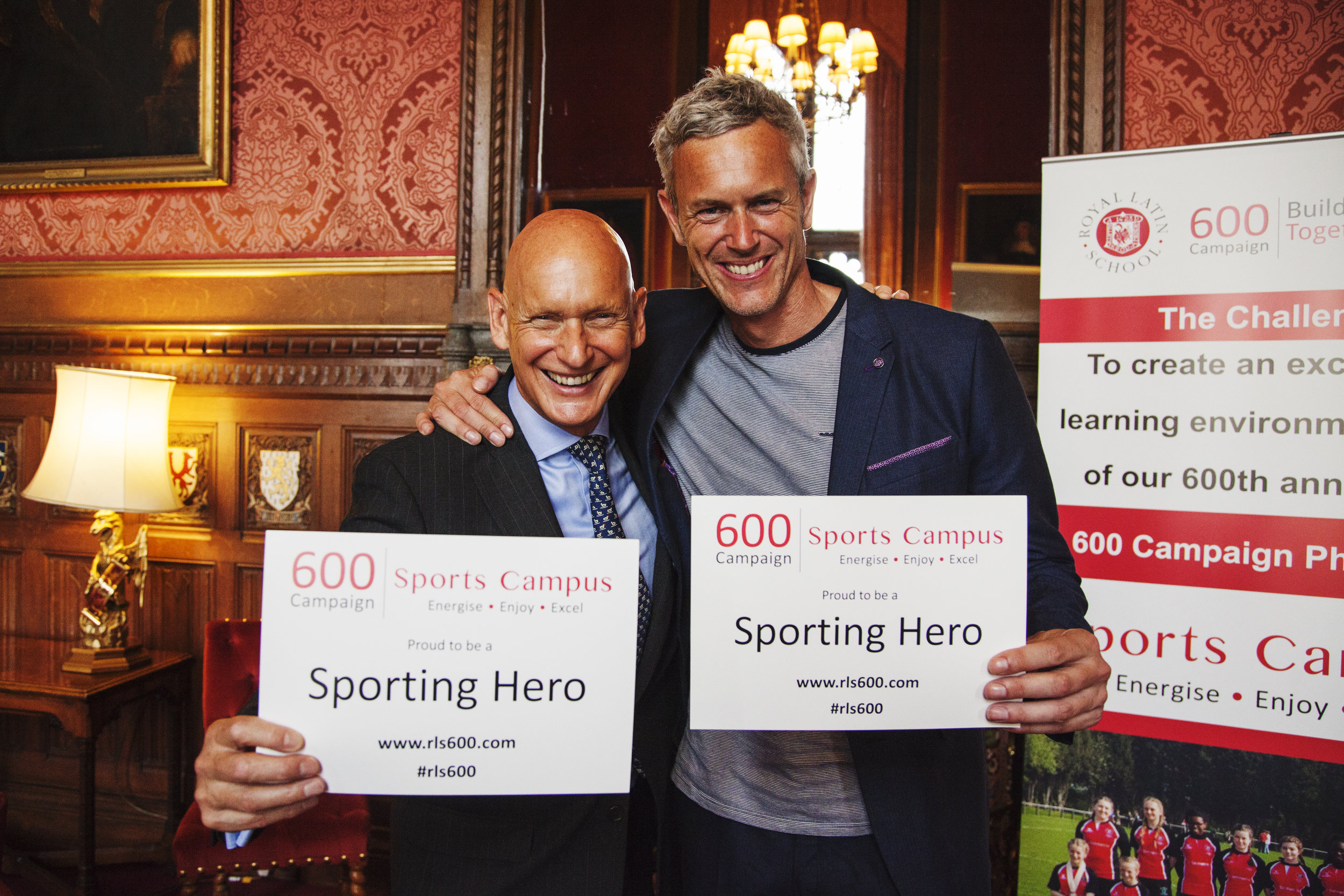Heroes and heroines come in all guises. Most people have one. Some of us have a long list of them. Jane Goodall, Maya Angelou, Cheryl Strayed. My grandfather, for his quiet service. My Dad, for his irreverance. My Mum, for her simple passion for caring for the vulnerable. My brother, for his boundless ambition. And my sons, for overcoming their respective, significant challenges. Pioneering, brave, resilient, all of them.
I’ve had lots of hero conversations over the last couple of years, having spent time talking to young people about their sporting heroes, and talking to sporting heroes about who inspired them to achieve greatness. It’s been fascinating, and at a time when the charitable sector definitely needs heroes, it’s been useful to reflect on what we fundraisers can learn from them.
Know your hero
Almost all of the young people I’ve asked are able to state who their sporting hero is. The few who couldn’t name one, wanted one - often commenting ‘I’d like to have one, but I just don’t know who it is yet’.
Without exception, every sporting hero I’ve been working with has a definite hero. Someone who motivated them at a young age when they were sat at home watching the Olympics on television, or a teacher or coach who went the extra mile to encourage them. Many can also pinpoint the exact moment when they found their hero; a split-second when their aspirations crystallised and they pledged to pursue their own sporting dreams, at any cost. Interestingly the heroes they chose weren’t always from within their own sport, but had nevertheless created a magical moment where inspiration and purpose collided in a young mind and soul.
“I was 11 when I met Duncan. Watching someone who is the best in the world at what they do is amazing. I wanted to achieve that too.”
Mark Foster on Duncan Goodhew
We identify with heroes who uphold the values and characteristics we most admire. Their journey towards greatness and the efforts required to remain at the top resonate with us as we monitor and gauge our own progression in our chosen career. Their very public victories and defeats ground us, remind us that we’re all human, and that true success is not overnight, but best earned over time, through dedication and commitment, and through enduring strength and teamwork.
In fundraising – often a surprisingly lonely world, especially for those of us working in small charities - finding a hero, leader or mentor of some description is so important. If you don’t have one, be open to finding one. Each time you do find one, savour the moment. Pay attention to it. Having a hero can help you define your purpose. Identify why they inspire you, and use that understanding to energise you every day and pull you forward in challenging times.
Help emerging heroes
I’ve come across a surprising number of reluctant heroes. Heroes – often young – who just don’t feel comfortable with the label, even though they are absolute heroes in the eyes of others. Self-proclaimed heroes are not heroes. A hero becomes a hero when others give them that label. In other words, it’s up to all of us to keep creating heroes. Because God forbid we should ever run out of them.
“I was emotional watching the 2012 Olympics, seeing these people achieving amazing things. I know what it’s like to have everything taken away from me...I wanted to be able to know that I’ve done something really good, that I’ve taken every opportunity given to me.”
Lauren, aged 18, who fought back from brain damage to row for Team GB
I put Lauren on stage in a line up of sporting heroes at a Sporting Heroes fundraising dinner at The Emirates Stadium last year. Are you sure, she asked. I’m not a hero like them, she said. Yes, was my firm reply. And no, you’re not like them. You have fought death, grabbed hold of life, and won. Your story moves people to tears. You are an inspiration to others. You are a hero to me.
There are plenty of reluctant and unsung heroes in the fundraising and charitable sector. Not the usual suspects taking centre stage, but the ones quietly and quite brilliantly doing their job, the ones at the coalface, fighting for a cause they believe in, day after day. Look for them. Find opportunities to tell an unsung or reluctant hero what they mean to you, and how they inspire you. Allow that conversation to fuel you both. Help them to become comfortable with it and to build on it. And make sure they pass the gift of heroism on to others. Pass the baton. Because that’s the deal.
Be a willing hero
Instinctively – even in the fundraising world - most of us behave just like reluctant heroes, shrugging off praise and being self-deprecating about our achievements. But we should think more about how that response impacts on those expressing the praise. They wouldn’t be praising you unless you have truly done something which has moved and inspired them.
If someone tells you that you inspire them, and that you are a hero of sorts, then just wear the cape! Allow yourself to shine a little brighter and walk a little taller. It doesn’t matter how big your tribe is; you’ve been labelled a leader – so feel uplifted and redouble your efforts. You’re going to have to work extra hard to ensure that you continue to earn the label each and every day.
Find the hero within
Most importantly, and particularly if you feel you haven’t quite earned hero status yet, make an effort to seek and get to know the hero within. There are times in life when we all have to dig deeper than we ever thought possible, to draw on all of our internal resources to overcome challenges, whether in our work or personal life. Invariably, we come out the other side stronger, smarter, and often not quite believing that we succeeded.
Fundraisers need self-belief in bucket loads. So do yourself a favour and be your own hero. Connect with the hero lurking somewhere inside you, who will always be cheering you on over the finish line, even when everyone else has gone home. When you come through a tricky time, take a moment to pause, reflect on what it was that pulled you through, and carefully place that knowledge in your own personal trophy cabinet, so that you know exactly where to find it next time you need a boost.
Be an authentic hero
Very often, in the eyes of the young people I speak to, skill alone isn’t enough to create a hero. Instead, additional factors such as charitable work, perceived personality or parenting skills, and ability to overcome defeat, illness or injury are the things which elevate someone to hero status.
We value consistency and resilience in our heroes. We need to trust that they will maintain their high standards even when the going gets tough, just we all must strive to do ourselves. At times, that trust is shattered by a hero who seemingly plots their own downfall, whether through deception, greed or arrogance. In those cases, our response is swift, and enduring. Second chances are rarely given.
Being skilled isn’t enough for any fundraiser. To be the best you can be, be consistent. Be trusted. Try to allow people to gain an appreciation of your experiences, of your beliefs and responsibilities away from the workplace, whether caring for family members, voluntary work or personal missions. Don’t offload, but don’t be shy – talk about failure, challenges and mistakes and share stories about your life and learning. Show the whole person. You will shine your brightest and be at your most inspirational not as a fundraiser, but as a human.
I’ll be meeting more heroes this week, and I’m going to keep collecting their stories. Perhaps heroes matter now more than ever. So: know yours. Be one. Create more. The world needs heroes. In fact, let’s add one more to the list, right now. You! Step up. In the words of one of my heroes: reach further. You are needed, and you have so much work to do. Wear the cape, and crack on.

